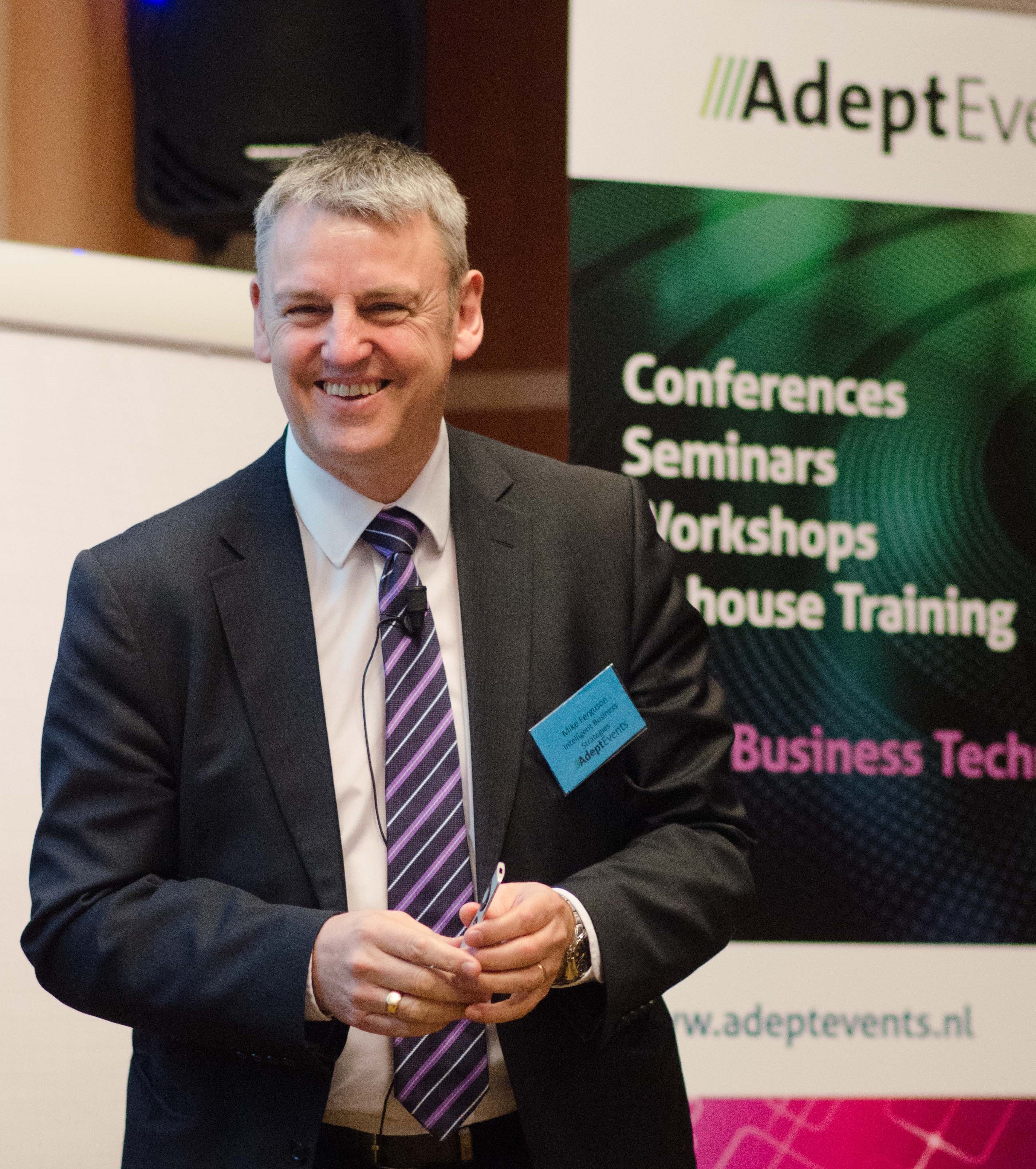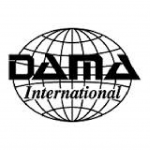Mike Ferguson
Intelligent Business Strategies Ltd.
Most organisations today are dealing with multiple silos of information. These include cloud and on-premises based transaction processing systems, multiple data warehouses, data marts, reference data management (RDM) systems, master data management (MDM) systems, content management (ECM) systems and more recently Big Data NoSQL platforms such as Hadoop and other NoSQL databases. In addition the number of data sources is increasing dramatically especially from outside the enterprise. Given this situation it is not surprising that many companies have ended up managing information in silos with different tools being used to prepare and manage data across these systems with varying degrees of governance. In addition, it is not only IT that is now integrating data. Business users are also getting involved with new self-service data preparation tools. The question is, is this the only way to manage data? Is there another level that we can get reach to allow us to more easily manage and govern data across an increasingly complex data landscape?

This 2-day seminar looks at the challenges faced by companies trying to deal with an exploding number of data sources, collecting data in multiple data stores (cloud and on-premises), multiple analytical systems and at the requirements to be able to define, govern, manage and share trusted high quality information in a distributed and hybrid computing environment. It also explores a new approach of how IT data architects, business users and IT developers can collaborate together in building and managing a logical data lake to get control of your data. This includes data ingestion, automated data discovery, data profiling and tagging and publishing data in an information catalog. It also involves refining raw data to produce enterprise data services that can be published in a catalog available for consumption across your company. We also introduce multiple data lake configurations including a centralised data lake and a ‘logical’ distributed data lake as well as execution of jobs and governance across multiple data stores. It emphasises the need for a common collaborative process and common approach to governing and managing data of all types.
Attendees will learn:
This seminar is intended for business data analysts doing self-service data integration, data architects, chief data officers, master data management professionals, content management professionals, database administrators, big data professionals, data integration developers, and compliance managers who are responsible for data management. This includes metadata management, data integration, data quality, master data management and enterprise content management. The seminar is not only for ‘Fortune 500 scale companies’ but for any organisation that has to deal with Big Data, small data, multiple data stores and multiple data sources. It assumes that you have an understanding of basic data management principles as well as a high level of understanding of the concepts of data migration, data replication, metadata, data warehousing, data modelling, data cleansing, etc.
Members of the DAMA NL Dutch chapter as well as Belux or International chapter are eligible for ten percent discount.

At the top of this page you can download the PDF brochure of this workshop.

This event takes place at:
Hotel Lapershoek
Utrechtseweg 16
1213 TS Hilversum
The Netherlands
Telephone +31 (0) 35-6231341
For a full itinerary, please see the website of the Amrath Hotel.
The Hotel Lapershoek can also be reached by public transport. Be sure to take the train to ‘Station Hilversum Sportpark’ from which it is only a three minute walk.
Please consult www.9292.nl (door-to-door journey planner, also available in English) or call 0900-9292 (travel advice by phone, € 0.70 p/m).
For attendees interested in an overnight stay, we have made a special price agreement with the hotel. Please let us know if you wish to make use of this.
“Very usefull training! Much expertise and well organized.”
“Excellent overview of a domain which is not well understood.”
Practically all of our seminars and workshops can be offered as an In-house course for your company exclusively. We can tailor with extra focus on specific topics that apply to your organization. Also available in online format or in face-to-face format with live video stream.
Conference on Data Warehousing & Business Intelligence. Topics: AI for Data, Data Architecture, Data Engineering & Grounded AI, Data Mesh & Data Products, Data Governance, Data Modelling. Top rated speakers Alec Sharp, Rick van der Lans, Juha Korpela and others.
Alec Sharp, Rick van der Lans, acclaimed speakers
March 24, 2026
Utrecht
Collaborative BI Requirements Analysis & Dimensional Modeling Course A dimensional data modelling course presented by leading data warehousing expert and author Lawrence Corr, covering the latest agile techniques for systematically gathering Business Intelligence (BI) requirements and designing effective DW/BI systems. Based on 7W, star schema and BEAM approach.
June 9-11, 2026
Utrecht
